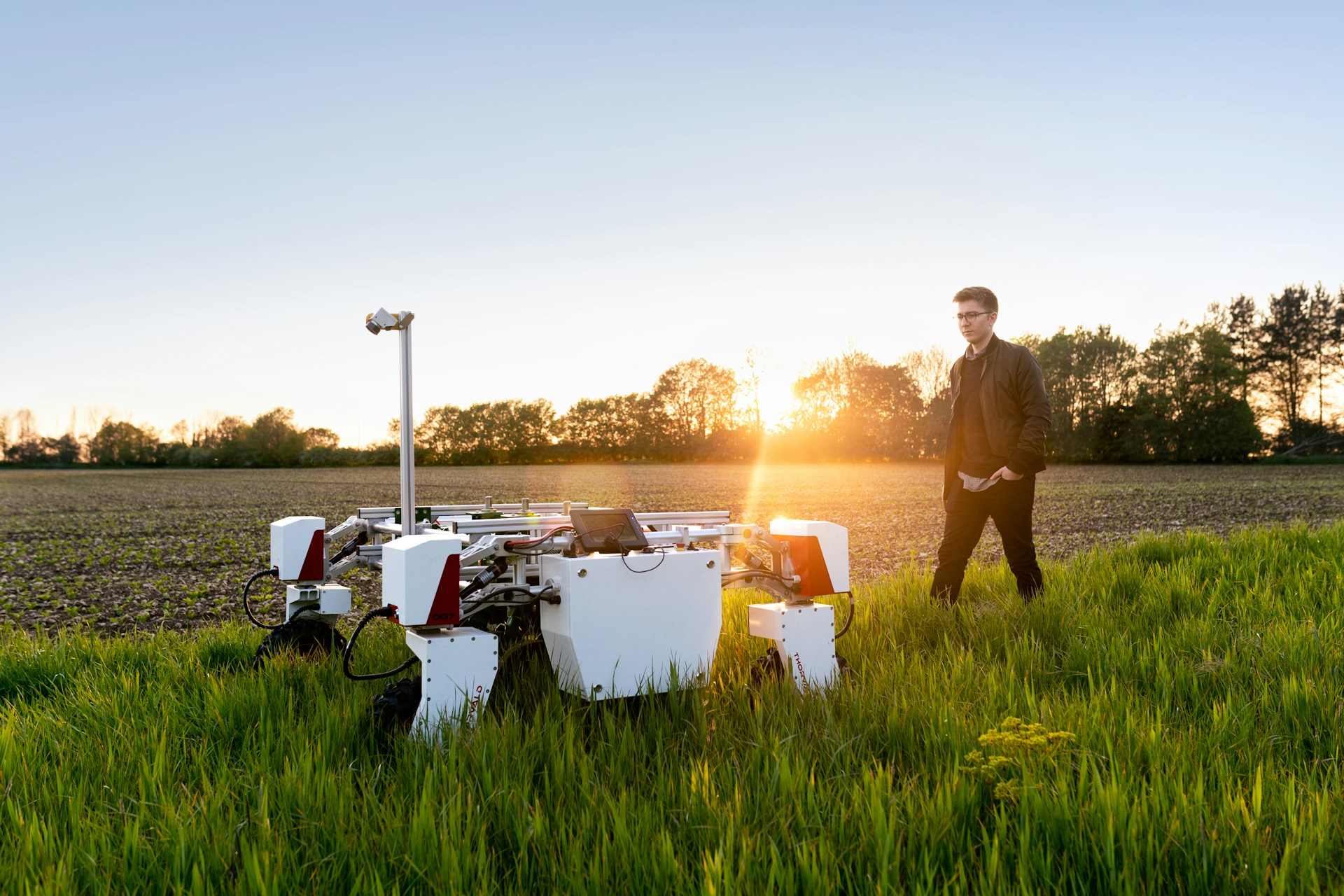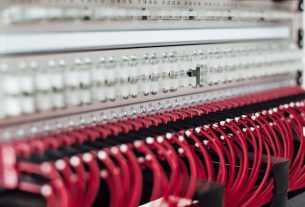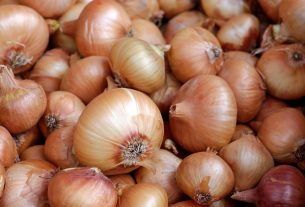The German Federal Environmental Foundation (DBU) has thrown its support behind a pioneering project featuring the semi-mobile agricultural robot “Davegi”, developed by startup AI.Land in Kempen. This cutting-edge robot is designed to foster sustainable vegetable production through its unique ability to rotate 360 degrees, maximizing sunlight exposure for the crops while simultaneously generating solar energy.
DBU emphasizes the potential of digital technology and artificial intelligence (AI) in promoting environmentally friendly land use. The “Davegi” robot is a prime example of this, operating entirely on photovoltaic power and spearheading a new era of energy-efficient agriculture. With a substantial investment of €125,000, the DBU has helped bring this innovative concept to life.
Unlike traditional stationary solar panels, “Davegi” can pivot completely, ensuring that plants receive ample sunlight without casting shadows that could hinder growth. This dual function not only improves crop yield but also enhances solar energy production by up to 50% compared to conventional agricultural photovoltaic systems.
The Scientific Advisory Board on Global Environmental Changes (WBGU) regards this dual-use approach as a sustainable strategy to optimize resource efficiency, particularly when arable land is limited. Alexander Bonde, Secretary-General of the DBU, asserts the necessity of sustainable land use to protect the climate, preserve biodiversity, and secure sufficient food supplies. He believes that digitalization and AI can play crucial roles in better land management, with the “Davegi” project serving as a compelling demonstration.
Designed to perform a variety of agricultural tasks—ranging from plowing and sowing to watering, fertilizing, and harvesting—”Davegi” promises to deliver precise cultivation tailored to the needs of individual plants. This versatility is expected to save significant amounts of fertilizer, pesticides, and water.
Moreover, the robot allows for harvesting at optimal ripeness, reducing food waste. AI.Land envisions “Davegi” autonomously producing and processing 60 crates of diverse vegetables daily on an area of 2,500 square meters—approximately a third of a soccer field. According to Josef Franko, founder of AI.Land, the company plans to market the produce locally, further reducing transportation distances and thus saving fuel and decreasing greenhouse gas emissions in vegetable farming, in addition to its self-sufficient solar operation.



